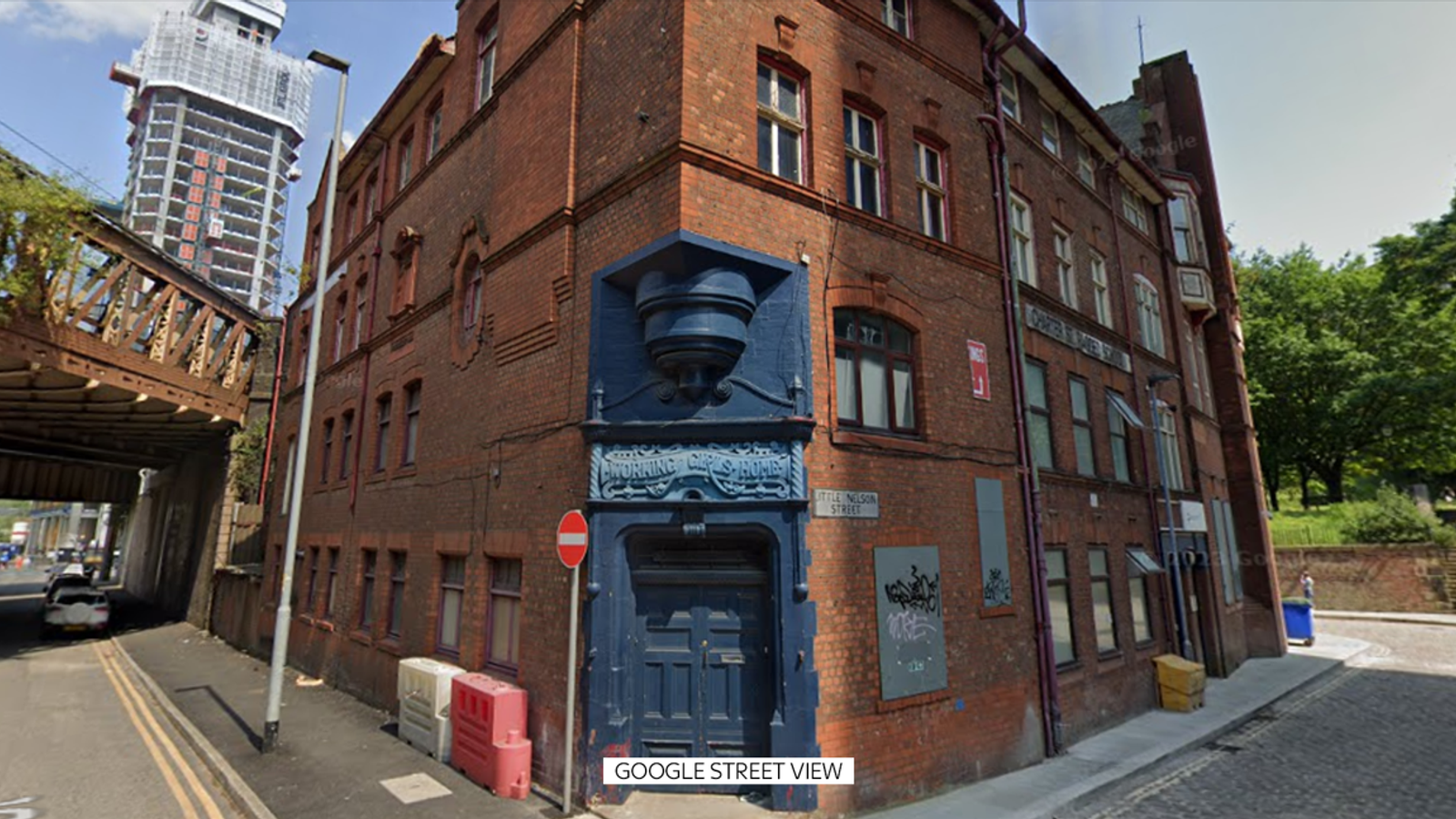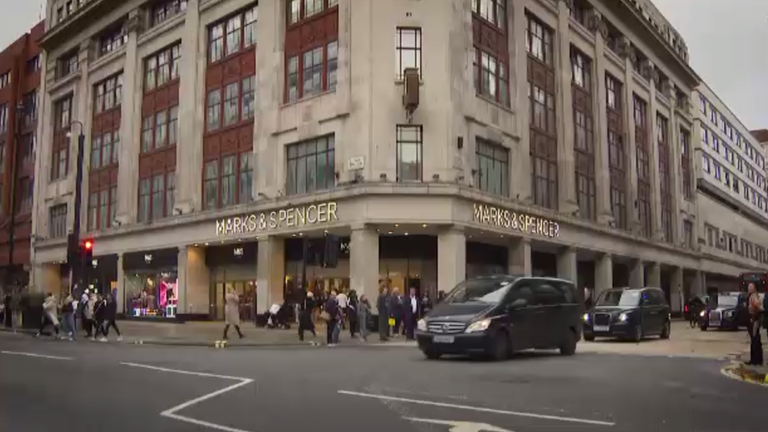Campaigners say hundreds of neglected historic buildings across the UK should be put to new uses to help meet the country’s net zero emissions targets.
Eighteen buildings in Greater Manchester have been added to the Buildings at Risk register run by the campaign group SAVE Britain’s Heritage.
They join more than 1,000 buildings nationwide which have fallen into disrepair and disuse but which could potentially be saved with benefits for historical preservation and efforts to cut carbon emissions.
The group says the buildings – among them former theatres, churches, schools and bars – are at risk of dereliction or demolition which would rob communities of local landmarks that connect them to the past and could hold the key to economic and social revival.
“The carbon cost of demolishing buildings and then getting rid of all of the rubble and then building a new building is huge,” said Liz Fuller, the buildings at risk officer for SAVE.
“The construction industry accounts for a huge percentage of the amount of carbon that’s being emitted. We’ve started from a point of trying to protect historic buildings, but it’s become increasingly clear that that’s not the only thing that we need to be worrying about.
“We do need to be worrying about the environment and the two things have come together.”
One of the Manchester buildings added to SAVE’s list is the Charter Street Ragged School, built in 1892 in one of the most deprived areas of the city, and which clothed and educated young people and provided accommodation for girls working in industry nearby.
Like many of the buildings on the list, it is now dwarfed by the new tower blocks reaching into the Manchester sky.
The debate about whether old buildings can be retrofitted rather than rebuilt has found its focus recently on one of the country’s most famous streets.
The government refused Marks and Spencer permission to demolish its flagship store on London’s Oxford Street in part because of the environmental impact of the project.
It said the development would waste thousands of tonnes of what is called “embodied carbon”, the emissions from building it in the first place. M&S is challenging the decision.
Click to subscribe to ClimateCast wherever you get your podcasts
The construction industry is increasingly under pressure to meet net zero carbon targets and satisfy the market’s demand for commercial space.
Read more:
UK could be at forefront of green Industrial Revolution with carbon cluster plans
Carbon offsetting sounds attractive – but it’s an expensive prospect
Kirsty Draper, head of sustainability at the property consultancy company JLL, wrote the report Retrofit First, Not Retrofit Only and says the industry is embracing the pressure to retrofit.
“There are so many benefits. There’s commercial benefits and sustainability benefits,” she said.
“It can be delivered quicker, cheaper, greener. However, not all buildings are going to be capable of performing in that way and delivering the product that we need from an environmental perspective or from a market perspective.
“I think the innovation that we’ve seen in the industry over the last five years probably dwarfs that that we saw for the previous 30. It’s really exciting at the moment. We’ve seen so many new ways of tackling reducing carbon.”



